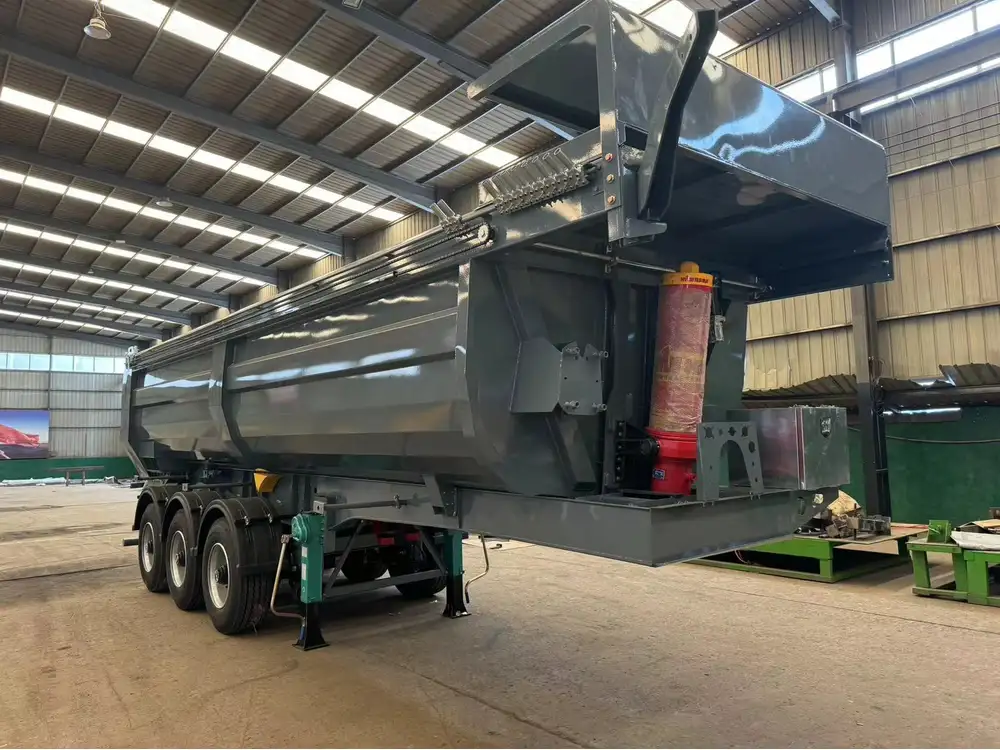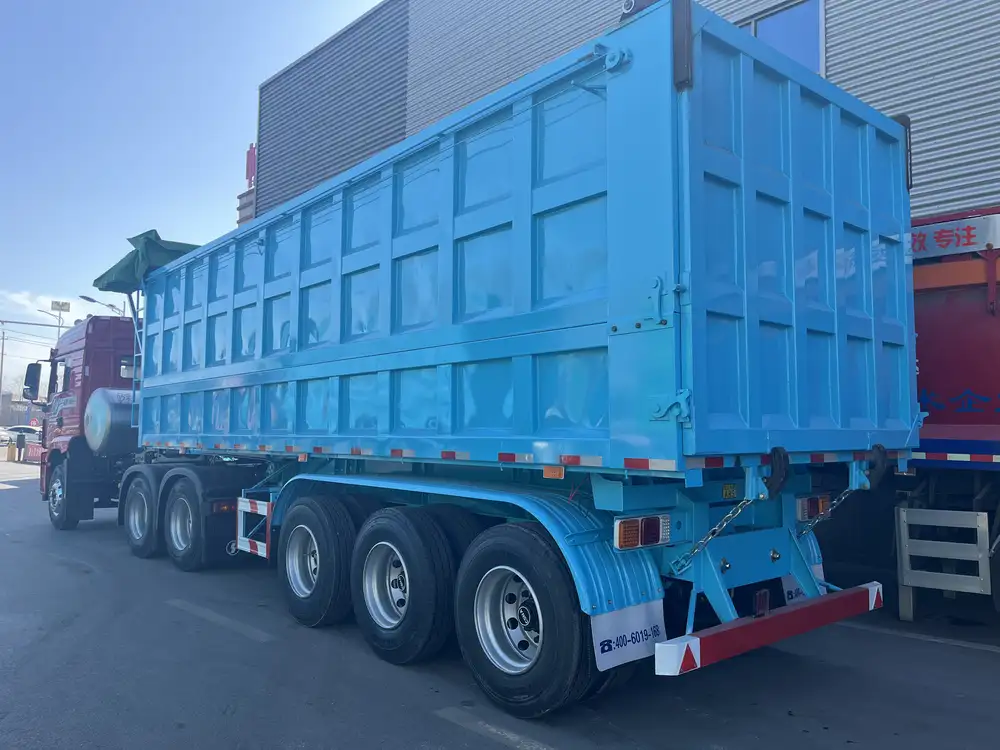When embarking on a venture involving the transportation of materials or debris with a dump trailer, it is of paramount importance to understand the legal framework surrounding the use of such equipment. One frequently posed question that often arises among potential users is: “What permits do I need to pull a dump trailer?” This inquiry is rooted in the intersection of regulations, safety, and operational efficiency.
Understanding the Regulatory Landscape
Types of Permits
To properly maneuver a dump trailer, especially when considering local, state, and federal regulations, various permits may be required. The nature of these permits can vary significantly based on several critical factors:
- Type of Materials Transported: Are you moving construction debris, agricultural materials, or hazardous substances? Each category often requires specific permits.
- Weight Considerations: The weight of the trailer and its load can affect whether additional permits are necessary, especially for over-dimensional or overweight loads.
- State and Local Regulations: Each jurisdiction has its laws and regulations governing the operation of trailers. Permits may differ by location.
| Permit Type | Description |
|---|---|
| Standard Vehicle Registration | Needed for legal vehicle operation on public roads. |
| Weight Limits Permit | Required if the vehicle exceeds state or federal weight limits. |
| Hazardous Material Permit | Needed if transporting hazardous materials. |
| Oversize Load Permit | Necessary for vehicles exceeding typical dimensions. |
| Local Dumping Permits | Some municipalities require permits to dump in certain locations. |

The Importance of Compliance
Non-compliance with the necessary regulations can have serious ramifications, including hefty fines, towing of equipment, or even potential legal action. Therefore, it is crucial to first conduct diligent research regarding the specific requirements for your area before operating a dump trailer.
Consequences of Non-Compliance
| Issue | Potential Consequences |
|---|---|
| Fines | Typically range from hundreds to thousands of dollars. |
| Towing Fees | Can add up quickly depending on vehicle size and location. |
| Legal Liability | In the case of an accident, non-compliance can complicate insurance claims. |
| Business Interruptions | Delays in operations due to fines or towing affect productivity. |
Factors Influencing Permit Requirements

1. Vehicle Specifications
The specifications of the vehicle used to pull a dump trailer can directly affect permit requirements.
- Gross Vehicle Weight Rating (GVWR): This defines the maximum operating weight of the vehicle and trailer combined. Ensure both your tow vehicle and dump trailer comply with the necessary weight regulations.
- Trailer Type: Standard, semi, and heavy-duty trailers come with distinct requirements.
2. Load Type
Permits may change depending on the materials transported.
- Construction Debris: Generally requires specific dumping permissions.
- Hazardous Waste: Diligent regulations must be followed, including notifications to local authorities.
3. Intended Use
Commercial versus personal use can change the licensing and permit landscape.
- Personal Use: Often fewer permits may be needed.
- Commercial Use: Expect regulations to be more stringent, potentially requiring more documentation.

Best Practices for Securing the Right Permits
Researching Local Regulations
Always begin with extensive research regarding operating regulations for your specific region. Visit official government websites or contact local authorities for accurate and updated information.
Create a Checklist
Maintaining an organized checklist can ensure you do not overlook any permit requirements.
| Item | Check Status |
|---|---|
| Vehicle Registration | [ ] Complete |
| Weight Permits | [ ] Complete |
| Hazardous Materials Permits | [ ] Required |
| Oversize/Overweight Permits | [ ] Required |
| Local Dumping Permits | [ ] Required |

Keeping Documentation Updated
All documentation must remain current and easily accessible. Retaining copies of all permits and registration can provide convenience and peace of mind.
Tips on How to Navigate Permitting Processes
Contact Relevant Authorities
Speak directly to local transportation departments or relevant regulatory agencies. Personnel can provide beneficial insights and assist in pinpointing precisely what permits you require.

Attend Local Workshops or Training
Look for workshops focused on commercial vehicle operation. These can provide valuable information on the ins and outs of trailer permits and legalities.
Utilize Online Resources
Many government agencies now offer online resources and applications for permits, streamlining the process considerably. Websites can shed light on necessary forms and procedures.
Conclusion: Ensuring Smooth Operations with the Right Permits
Addressing the question “What permits do I need to pull a dump trailer?” does not yield a one-size-fits-all answer. The necessity of specific permits is deeply intertwined with various factors, including vehicle specifications, load type, intended use, and local regulations.
The path to simplifying the process hinges on thorough research, transparent communication with authorities, and adherence to the latest regulations. By ensuring you have the appropriate permits, you not only abide by the law but also ensure smooth operational workflows that can save time and money.
Investing the effort in understanding and securing the right permits creates a structured and safe approach to leveraging the power of dump trailers in your operations, whether for business or personal use. Take steps today to ensure compliance, safeguard your investments, and proceed with confidence in your hauling endeavors.
By following these guidelines, you can enhance your understanding of the necessary permits and navigate complexities efficiently, ultimately leading to successful operations with your dump trailer.



